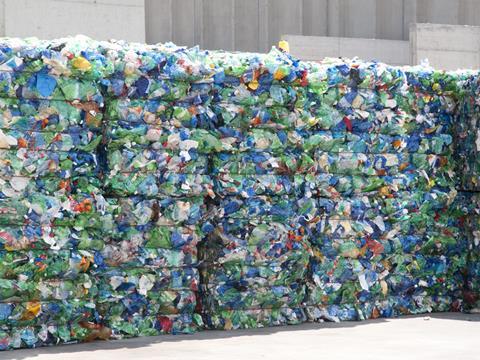
Together with the UN Environment Programme (UNEP), the Ellen MacArthur Foundation has published its second annual New Plastics Economy Global Commitment Progress report, including detailed data on the progress of individual business and government signatories.
According to the report, there has been significant progress in two key areas: the incorporation of recycled content in plastic packaging, and the phase-out of what it describes as “the most commonly identified problematic items”, such as PS and PVC packaging, undetectable carbon black pigments, and single-use plastic bags and straws.
However, despite these advances, EMF also says that there has been limited progress on increasing the recyclability of plastic packaging and reducing the need for single-use packaging altogether.
It is the foundation’s view that progress on shifting towards reusable packaging is limited, and also that elimination efforts remain focused on a relatively small set of materials and formats.
Based on these findings, and with the ultimate goal of eradicating plastic waste, the foundation has made a number of calls to action. For businesses, EMF urges them to take bold action on packaging types that are not recyclable today — either developing and executing a credible roadmap to make recycling work, or decisively innovating away from them. Meanwhile, the foundation also urges them to set ambitious reduction targets.
In terms of governmental oversight, EMF says that they should establish policies and mechanisms that provide dedicated and stable funding for collection and sorting, while setting a global direction and creating an international framework for action, through the UN Environment Assembly,
Sander Defruyt, New Plastics Economy lead at the Ellen MacArthur Foundation, says: “This report shows encouraging progress towards the vision for a circular economy for plastic in some areas, particularly in the use of recycled plastic. But, going forward, it will be crucial to also see major steps forward in rethinking what packaging is put on the market in the first place.
“We are calling on industry to rapidly increase efforts to reduce single-use packaging and eliminate packaging types that have no credible pathway to making recycling work in practice and at scale. We know industry cannot deliver the change alone, and we are calling on policymakers to put in place the enabling conditions, incentives, and international framework to accelerate this transition.“













